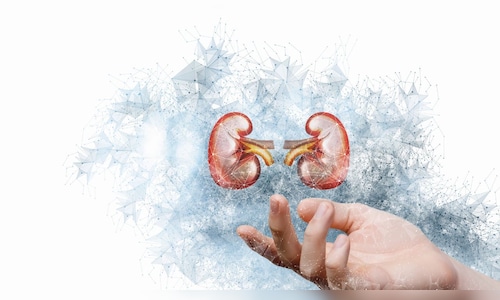This shift highlights the urgent need for increased awareness, early detection, and preventive measures to tackle the growing burden of kidney disease in India. Routine screening, lifestyle changes, and better health education—particularly among the youth—are critical to curbing the rise in kidney-related problems.
Are you at risk of kidney disease? Here are the key signs and symptoms to watch for:
Trouble sleeping: When kidneys don’t filter properly, toxins build up in the blood, making it harder to sleep. People with kidney disease are also more likely to experience sleep apnea.
Frequent urination: Damaged kidney filters can cause an increased urge to urinate, particularly at night. While this may also signal a urinary infection or, in men, an enlarged prostate, any noticeable change in frequency should be discussed with a healthcare professional.
Low energy: When toxins build up in the blood, they can cause fatigue, weakness, and difficulty concentrating. Kidney disease can also lead to anaemia, which further contributes to tiredness.
Blood in urine: Healthy kidneys prevent blood cells from leaking into urine. When the filters are damaged, blood may appear, signalling possible kidney disease, stones, tumours, or infection. Any such sign should be checked by a doctor immediately.
Puffiness around eyes: Protein leaking into urine, instead of staying in the body, may cause swelling or puffiness around the eyes—a possible sign of kidney damage.
Swollen ankles and feet: When kidneys don’t function properly, sodium retention can cause swelling. This symptom may also be linked to heart disease, liver disease, or chronic vein problems in the legs.
Muscle cramping: Kidney dysfunction can disrupt electrolyte balance—like low calcium or high phosphorus—triggering muscle cramps.
When to See a Doctor?
Consult a doctor if you notice any signs of kidney disease. Early detection is key to preventing progression to kidney failure. Those at higher risk may be advised to undergo regular urine and blood tests for timely monitoring.
(Edited by : Asmita Pant)
